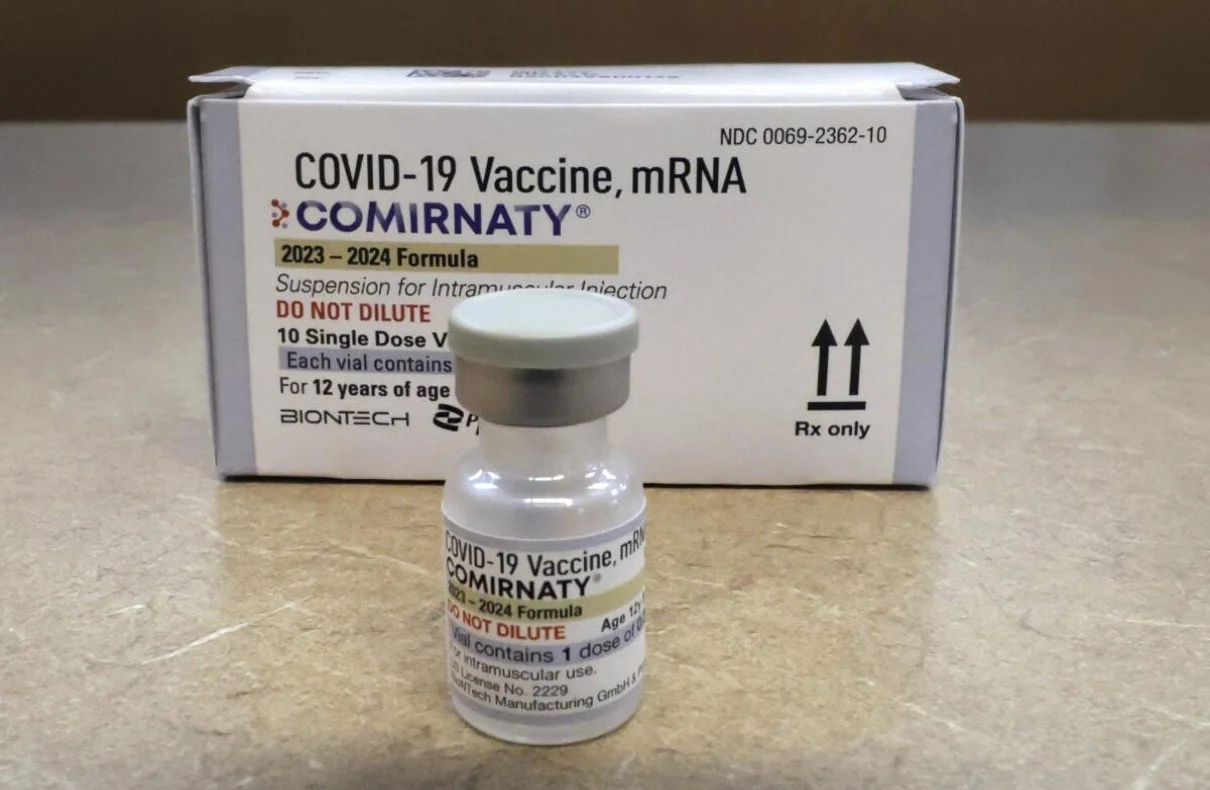In a move that’s got health nerds buzzing and Twitter conspiracy theorists screaming “I told you so,” the FDA just flipped the script on COVID vaccines — and no, this isn’t a drill.
From now on, if you’re under 65 and reasonably healthy, the party’s over. You won’t automatically be getting that shiny new booster every year — unless Big Pharma whips up actual clinical trials proving it’s worth your arm.
Yep, the FDA just said no thanks to the universal booster game for the younger, healthier crowd.
According to The Guardian, the agency now says only people 65+ or anyone over 6 months old with at least one high-risk condition — think diabetes, obesity, or immune issues — will be getting the green light for annual shots. Everyone else? Gotta wait for more receipts.
It’s a sharp U-turn from previous guidance that told literally everyone over six months old to roll up their sleeves.
FDA Commissioner Dr. Marty Makary and advisor Dr. Vinay Prasad told The Washington Post they felt the old blanket recommendation “underestimated” Americans’ ability to understand targeted risk. Translation: “You’re smarter than we gave you credit for.”
Not everyone’s clapping, though. Some health experts are side-eyeing the move, worrying that it might leave frontline workers, kids, and some middle-aged folks without strong protection. Oh — and don’t even get them started on whether insurance will cover off-label doses.
And before you ask — no, this doesn’t mean COVID is over. We’re not tossing masks into the bonfire just yet.
This is the FDA saying: Let’s use science. Let’s focus on people who actually need this. And maybe — just maybe — let’s stop jabbing everyone just because it’s fall again.
If you want the new booster this autumn and you’re not in the high-risk club? You might have to sit this one out — or wait for that randomized clinical trial data the FDA’s now demanding.
